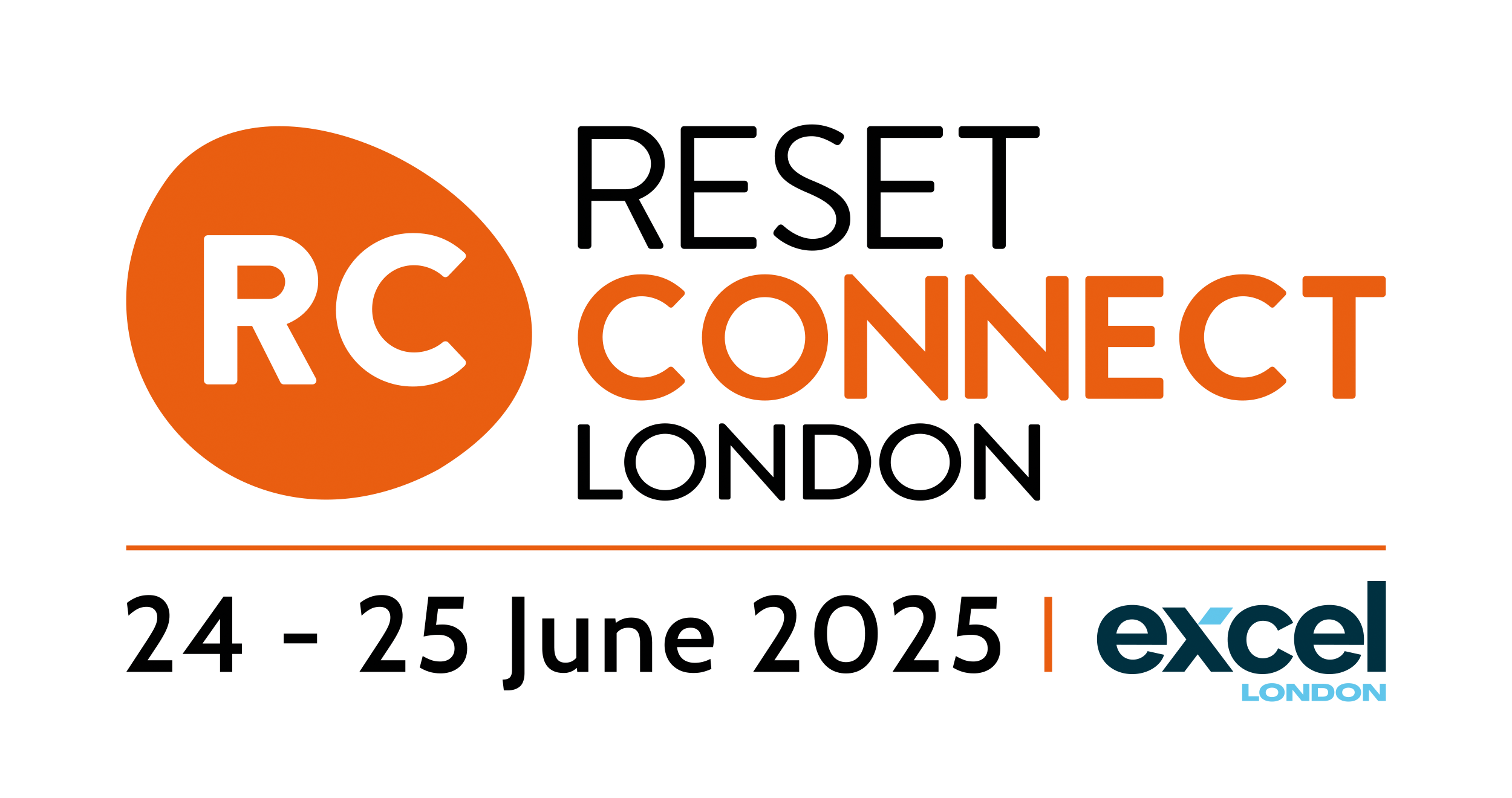Tackling Supply Chain Scope 3: A vision for fit-for-purpose, unified, and scalable carbon accounting—from SMEs to multinationals
The current landscape of carbon accounting is a Wild West of different methods, often with inconsistent inclusion criteria, out-of-date emissions factors and outputs that are difficult to act on. It’s problematic for companies trying to act to reduce their emissions, and presents a significant issue for suppliers passing on their emission factors across the supply chain, because their buyers are unlikely to use the same methodology in their carbon accounting.
Small World Consulting have a vision for a unified carbon accounting approach that is accessible, fit-for-purpose, and scalable across organisations of all sizes—from SMEs to multinationals.
Matt Bond, Senior Consultant with Small World Consulting, will show you why improving supply chain carbon accounting is more vital than ever, in light of the business and regulatory landscape, growing stakeholder expectations and in a world accelerating past 1.5°C of warming.
He’ll then introduce the principles behind a fit-for-purpose methodology: accounting for all upstream Scope 3 emissions (alongside Scopes 1 and 2) without exclusions, using comparable, transparent methods, and generating results that directly support real-world decarbonisation. We’ll then explore the technical mechanisms underpinning this approach including integrating activity-based life cycle assessments (LCAs) with spend-based environmentally extended input-output (EEIO) models. You’ll leave the session with examples of how this can be implemented in the real, busy business world, drawing on examples of Small World Consulting’s work with clients, from local micro-businesses to the multinational BT Group.



